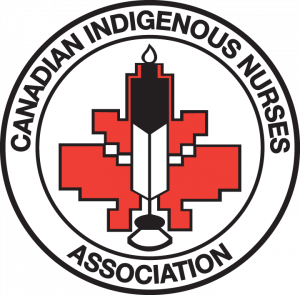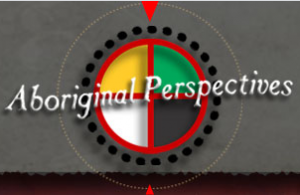A large part of the reason for my research question is not only that more competent health professionals are required who understand Indigenous culture and how this contributes to well being in Indigenous communities, but also that there is a shortage of skilled health professionals on reserves and remote or rural Indigenous communities.
I’ve been involved in pre-health programs at BCIT – the polytechnic institute partnered with Burnaby School Board to provide a specialized program for grade 12 students interested in health sciences careers to attend a year long course at BCIT to not only gain exposure to education in their career interests, but also to ease the transition from high school into a professional program at the college level. A program like this, geared specifically for Indigenous students, would help remove barriers for Indigenous students and promote success. This article discusses just such a program as a partnership between the Secwepemc Cultural and Education Society, the Shuswap Nation Tribal Council and the University College of the Cariboo, who developed an Aboriginal pre-health program.
This article is from 2001, so part of my research for the final project will be to discover whether this program is still running and any other details I can find on it.
Holmes, V. (2001). Southcentral British Columbia Secwepemc cultural education society aboriginal pre-health education program. The Aboriginal Nurse, 16(1), 22. Retrieved from https://www.proquest.com/trade-journals/southcentral-birtish-columbia-secwepemc-cultural/docview/234988180/se-2?accountid=14656

